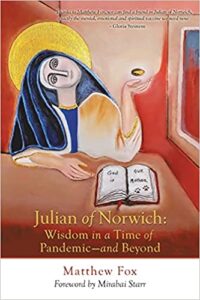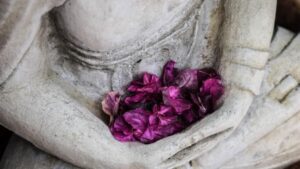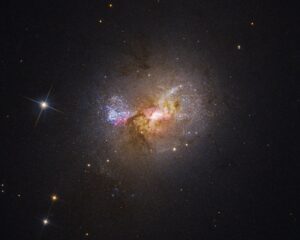Dante
Open table.
January 26, 2022Father Richard Rohr, Center for Action and Contemplation:
God’s major problem in liberating humanity has become apparent to me as I consider the undying recurrence of hatred of the other, century after century, in culture after culture and religion after religion.
Can you think of an era or nation or culture that did not oppose otherness? I doubt there has ever been such a sustained group.
It seems we ordinary humans must have our other! It appears we don’t know who we are except by opposition and exclusion. “Where can my negative energy go?” is the enduring human question; it must be exported somewhere. Sadly, it never occurs to us that we are the negative energy, which then sees and also creates that negative energy in others.
The ego refuses to see this in itself. Seeing takes foundational conversion from the egoic self and most have not undergone that transformation. We can only give away the goodness (or the sadness) that we ourselves have experienced and become.
“I rest in the grace of the world and I’m free.”
Wendell Berry, born August 5th, 1934, is an American novelist, poet, essayist, environmental activist, cultural critic, and farmer. In 2015 he became the first living writer to be inducted into the Kentucky Writers Hall of Fame. [wikipedia]
Thomas Merton
1965
Conjectures of a Guilty Bystander
“I pray to have a wise heart, and perhaps the rediscovery of Lady Julian of Norwich will help me. I took her book with me on a quiet walk among the cedars. She is a true theologian with greater clarity, depth, and order than Saint Teresa: She really elaborates, theologically, the content of her revelations. She first experienced, then thought, and the thoughtful deepening of her experience worked it back into her life, deeper and deeper, until her whole life as a recluse at Norwich was simply a matter of getting completely saturated in the light she had received all at once, in the ‘shewings,’ when she thought she was going to die.
One of her most telling and central convictions is her orientation to what might be called an eschatological secret, the hidden dynamism which is at work already and by which ‘all manner of thing shall be well.’
To have a ‘wise heart,’ it seems to me, is to live centre on this dynamism and this secret hope…this hoped-for secret. The wise heart lives in Christ (consciousness).”
p. 44
“…we are part of empires today that are killing rainforests and oceans and countless species […] We engage in the killing of the Christ when we engage in the killing of others who are all ‘other Christs.’
Those others may be other human beings or generations to come of species of animals, birds, bees, finned ones. Standing by while global warming happens is killing the Christ. Ecocide is a form of killing Christ. This is what it means to recognize…as Julian does…that ‘Christ too was part of nature.'”
p. 46
“One hundred yeas before Mechtild, Hildegard of Bingen (1098-1181) tells us that ‘divinity is…like a wheel, a circle, a whole, that can neither be understood, nor divided, nor begun, nor ended.’ She speaks of our relationship to the divine as something round and compassionate when she tells us we are ‘surrounded with the roundness of divine compassion.'”
More from Thomas Merton:
“Man has lost Dante’s vision of that ‘love which moves the sun and other stars,’ and in so doing has lost the power to find meaning in the world.
Yet, though humans have acquired the power to do almost anything, have at the same time lost the ability to orient their lives toward a spiritual goal by the things that they do.”
[Image: NASA]


